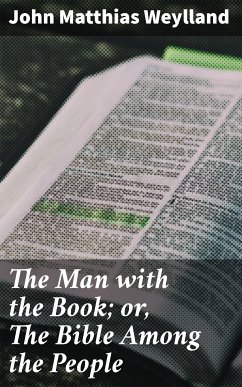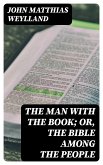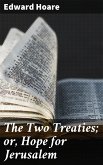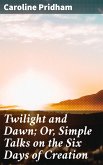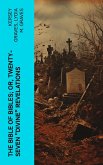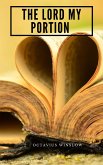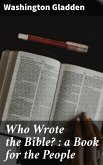In 'The Man with the Book; or, The Bible Among the People,' John Matthias Weylland deftly explores the profound impact of the Bible on social and cultural dynamics throughout history. The narrative intertwines vivid character sketches with incisive commentary, reflecting a literary style that is both accessible and deeply reflective. Set against the backdrop of a burgeoning literary movement in the late 19th century, Weylland employs a rich tapestry of allegory and realism, positioning the Bible not merely as a religious text but as a transformative cultural artifact that shapes morality and societal norms among diverse populations. Weylland, an erudite scholar and evangelical thinker, draws from his extensive theological training and profound commitment to social justice to illuminate the relevance of the Bible in everyday life. Influenced by the social upheaval of his times, Weylland's work strives to bridge the gap between scripture and the common individual, reflecting his belief in the power of the text to foster both personal and communal growth. His experiences as a preacher and educator inform this compelling exploration, revealing the nuanced relationship between belief and communal identity. This book is a must-read for those interested in religion, sociology, and literary studies. Weylland's thoughtful dissection of the Bible'Äôs resonance with the human experience encourages readers to reflect on their own interpretation and engagement with this foundational text. 'The Man with the Book' not only provides historical insight but also invites contemporary conversations about faith, literature, and society.
Dieser Download kann aus rechtlichen Gründen nur mit Rechnungsadresse in A, B, BG, CY, CZ, D, DK, EW, E, FIN, F, GR, H, IRL, I, LT, L, LR, M, NL, PL, P, R, S, SLO, SK ausgeliefert werden.

